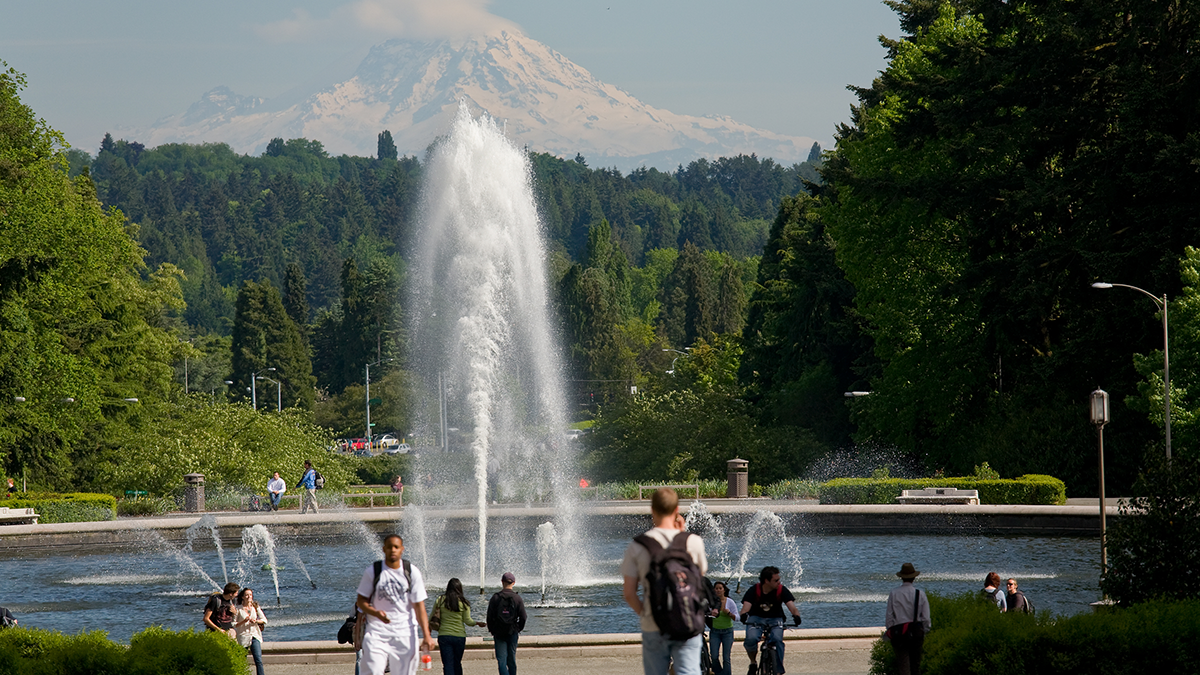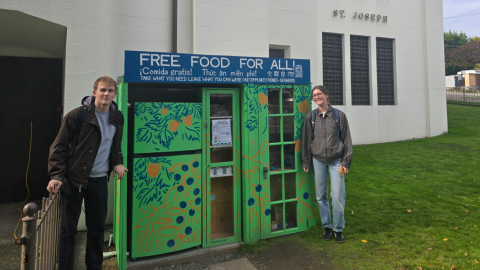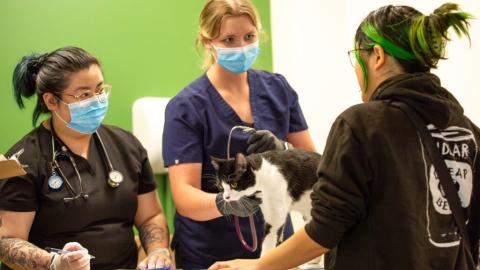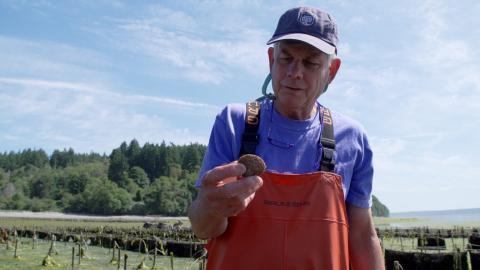Where else but Seattle could you bike to campus while sipping coffee from your handlebar-mounted cup holder, enjoying sweeping views of Mount Rainier between classes?
And where else but the University of Washington Department of Environmental & Occupational Health Sciences (DEOHS) could you pursue research alongside community partners and get one-on-one mentoring from internationally recognized faculty?
DEOHS is ranked #7 among the world’s universities for our environmental and occupational health program, and #3 among US institutions. We combine leading-edge science with hands-on training to create the next generation of scientist-leaders in environmental and workplace health and safety.
.png)
Six reasons to choose DEOHS for your graduate education:
1. Be part of a top-ranked research university—in a department where everyone knows your name.
In our department—part of the UW School of Public Health—students receive personalized attention, small classes and one-on-one mentorship from our award-winning faculty. All this while enjoying the opportunities and amenities of one of the world’s preeminent public universities with annual research funding of $1.3 billion.
2. Pay in-state tuition.
If you live in one of 16 Western states, you’ll pay the same as a Washington state resident if you pursue an MS or PhD degree at DEOHS. That’s thanks to WICHE, the Western Interstate Commission for Higher Education.
Other funding opportunities unique to DEOHS include:
- Generous aid packages covering tuition, health insurance and living stipends for graduate students in our Northwest Center for Occupational Health and Safety.
- Funding for student tuition and stipends through the Biostatistics, Epidemiologic and Bioinformatic Training in Environmental Health program.
- Pre- and post-doctoral traineeships in environmental pathology and toxicology.
3. Graduate job-ready.
DEOHS has a dedicated career and internship adviser who provides internship support and individual career counseling to connect students with job opportunities.
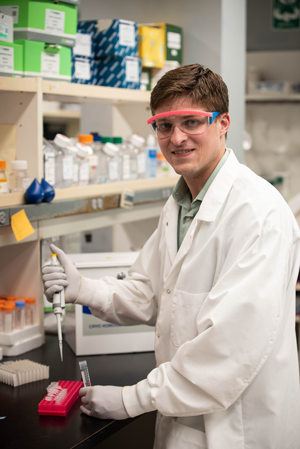
Many DEOHS master’s students receive hundreds of hours of practical work experience through internships at the local, state and national levels, and 97 percent of supervisors say they would hire their DEOHS student-intern again.
Our graduates work at Amazon, Boeing, Google, the US Public Health Service, federal and state governments, local health departments and other top employers.
4. Get involved in cutting-edge research.
DEOHS is home to innovative research centers that include the Center for One Health Research, the Pacific Northwest Agricultural Safety and Health Center and the Northwest Center for Occupational Health and Safety.
Our cross-disciplinary faculty are trained as chemists, engineers, epidemiologists, exposure scientists, industrial hygienists, microbiologists, physicians, toxicologists and other public health scientists.
With 75-plus research projects and centers and more than $22 million in annual research funding and training, our scientific discoveries reach people most at risk for adverse health outcomes, including children, the elderly, low-income communities and people of color.
5. Collaborate with faculty and partners across the UW and the Pacific Northwest.
Our focus on community-engaged research makes us stand out. We partner with community groups, employers, farmworkers, government agencies, policymakers and many others across the region.
Together, we research some of the most urgent health challenges facing today’s workers and families—from protecting gig and cannabis workers to investigating the health impacts of wildfire smoke, climate change and natural disasters.
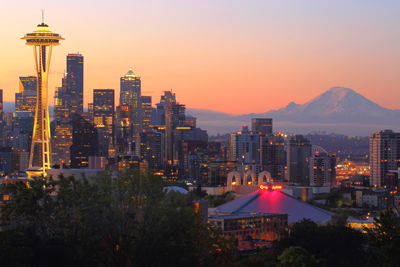 In fall 2020, we moved to the new Rosling Center for Population Health on the beautiful UW campus alongside our public health colleagues. You will work in state-of-the-art labs and through hands-on field experiences to make a measurable impact on people’s lives.
In fall 2020, we moved to the new Rosling Center for Population Health on the beautiful UW campus alongside our public health colleagues. You will work in state-of-the-art labs and through hands-on field experiences to make a measurable impact on people’s lives.
6. Enjoy urban living surrounded by nature’s beauty.
Love the outdoors? Mountain hiking, forested walks, miles of bike trails and beautiful Puget Sound await.
Enjoy city life? Seattle’s diverse neighborhoods, professional sports teams, farmers’ markets and cultural opportunities are minutes from campus.
